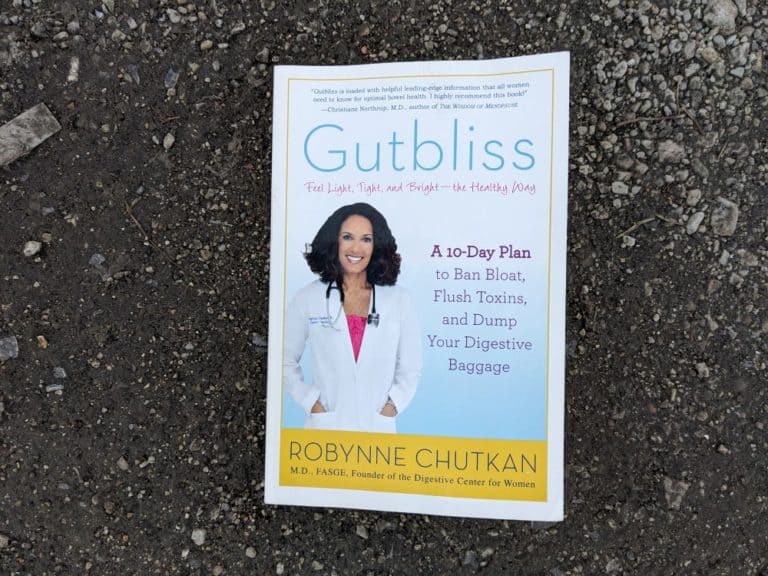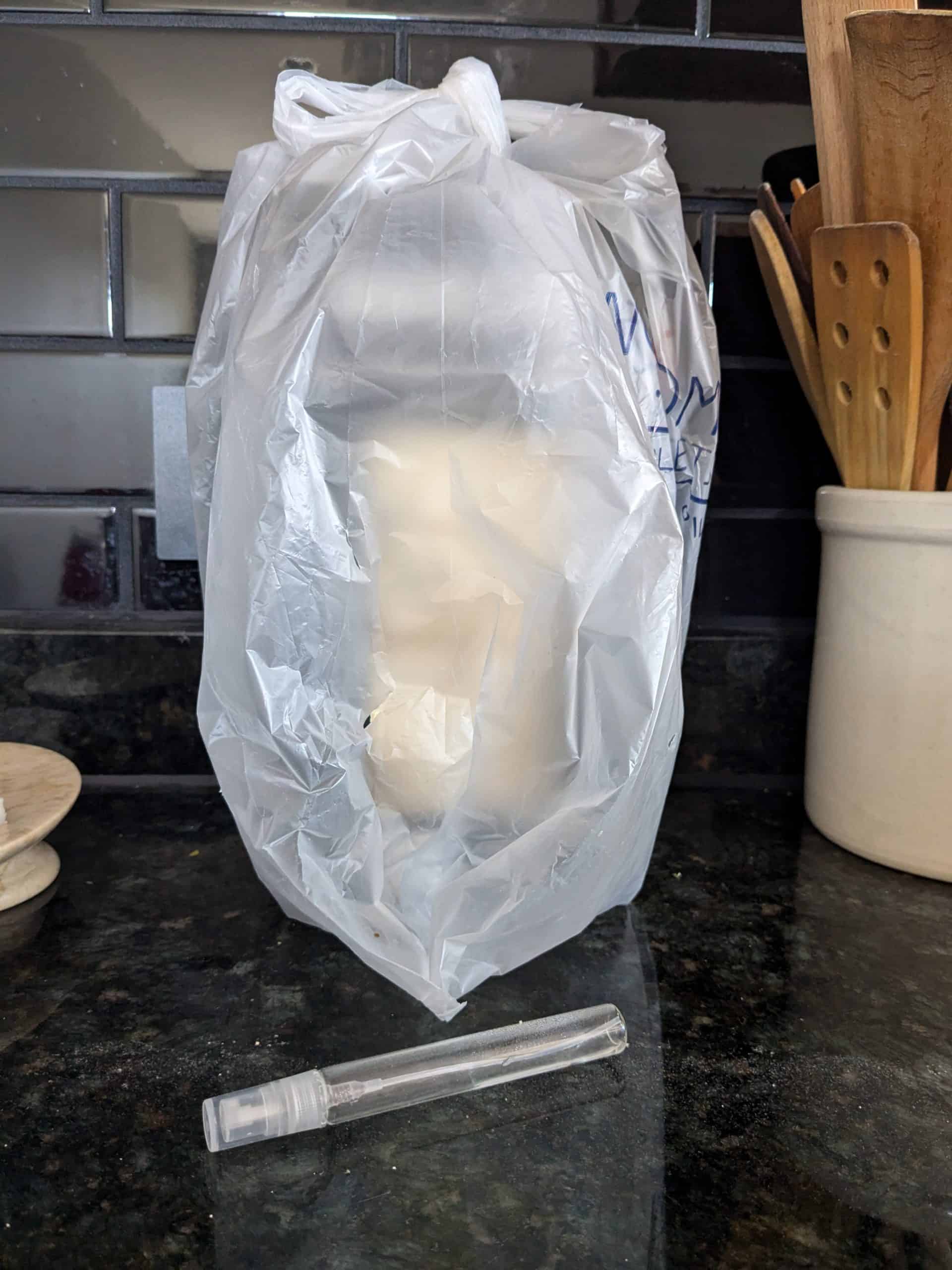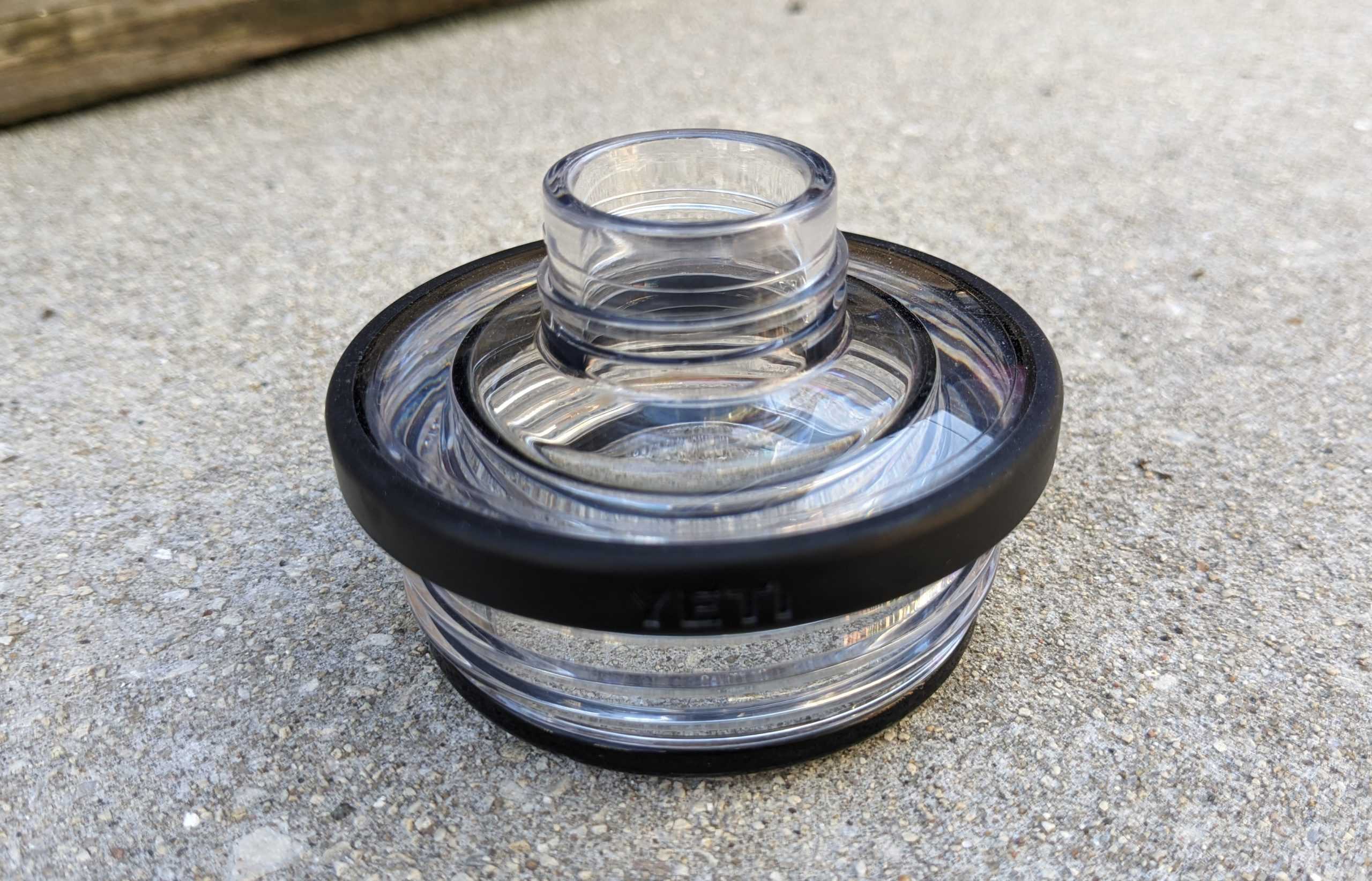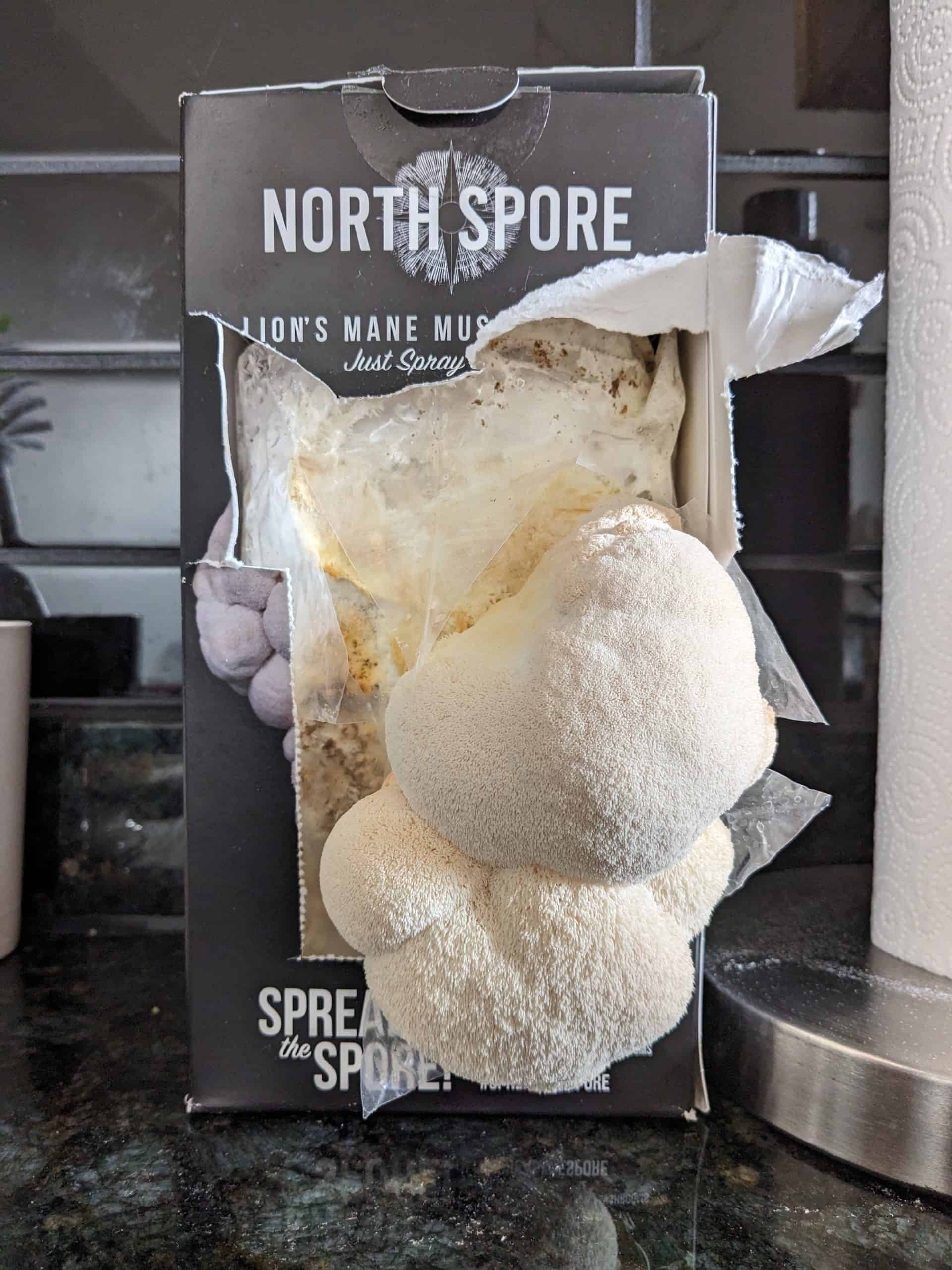I’ve read mainstream doctor authors (Hyman, Gundry, Mercola, Perlmutter, etc.) and more than a handful of books about food, the microbiome, and digestion. Gutbliss showed me how little I actually knew about the workings of our guts. Celebrity cardiologists and neurologists write much about diet, but they’re not gastroenterologists. Their books never explain how or why people sometimes make little pellets of poop (‘potholes’ in the guts called diverticulosis), for example, or long, pencil-thin stools (inflammation or colon cancer). Or why gluten intolerance can cause nutrient malabsorption (villi in small intestine get flattened). Those things and more I learned in Gutbliss. If you really want to understand everything that can go wrong in your digestive tract, from parasites to the gallbladder, this is the book for you.
It happened that before I started Gutbliss, I read Fiber Fueled, a book by a gastroenterologist named Will Bulsiewicz. Fiber Fueled was just another book about diet. Eat more plant fiber—that was the book, in a nutshell. Yawn. At one point in Fiber Fueled, Bulsiewicz briefly mentions that you definitely should not eat more plant fiber if you’re constipated. Instead, Bulsiewicz urges the constipated reader, put down this book and immediately visit a gastroenterologist. What! Why? Bulsiewicz provides no explanation. He quickly changes the subject. The reader is left with burning questions. What will fiber do to a constipated person? I thought constipated people were supposed to eat fiber?
I found my answers in Gutbliss. The book includes a case study of a chronically constipated woman who basically eats nothing but plant fiber. A couple times a year, she finds herself in the ER with impacted stools! Chutkan explains in perfect detail why this happened (the woman’s colon was incredibly twisty and maze-like) as well as the solution: portioning fiber-rich food in smaller quantities and timing with plenty of water throughout the day.
Gutbliss definitely focuses more on constipation than diarrhea. Even the IBS case studies are constipated people. As a longtime diarrhea sufferer, I found myself wishing Chutkan gave watery stools more coverage. Maybe constipation is more mysterious. It certainly was intriguing to learn that a person can poop every day and still be constipated. In fact, Chutkan explains, there’s no single, universal diagnostic standard for constipation. That reminded me of something I read in Our Daily Meds (2008):
“The word ‘disease’ is in general use without formal definition, most of those using it allowing themselves the comfortable delusion that everyone knows what it means.”
J.G. Scadding, a professor of medicine at the University of London and a leading philosopher of diagnosis (1967)
How would people know they’re constipated, then? How are we to know we’re diseased? This was, perhaps, the most valuable lesson of Gutbliss. Bloating is our enemy. Flatulence can be tricky—is it a sign you ate something that didn’t agree with you, or only the happy activity of a microbe breaking down undigested material? Bloating, however, is always an obvious, uncomfortable, bad sign. After reading Gutbliss, I tune in when I’m bloated and think about what I ate.
Gutbliss is basically an all-in-one handbook for the layperson to identify gut disorder and healthy versus unhealthy poop. I wish these things were taught in school. It’s a shame that the book has such an off-putting girly-girl title, and seems to be marketed in some kind of women’s self-image/self-help niche. Was it assumed that men don’t want to read about women’s extra-long, extra-twisty colons? Methinks men will adore the subject. Gutbliss is a poop book with universal appeal.
I leave you with Dr. Chutkan’s catchphrase: “Turn around and look!” That’s right—after you finish shitting, turn around and take a look at what you created. Don’t be a coward. You control your destiny. You are what you eat. You are what you poop. Educate yourself about your bowels. Gutbliss is a great place to start.
Gutbliss by Robynne Chutkan
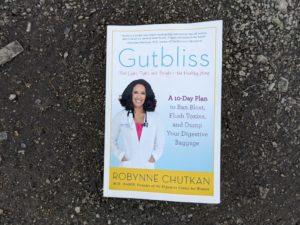
Not just another diet book. A complete gut guide for the layperson. For those who really want to understand everything that can go wrong in the digestive tract.
5

